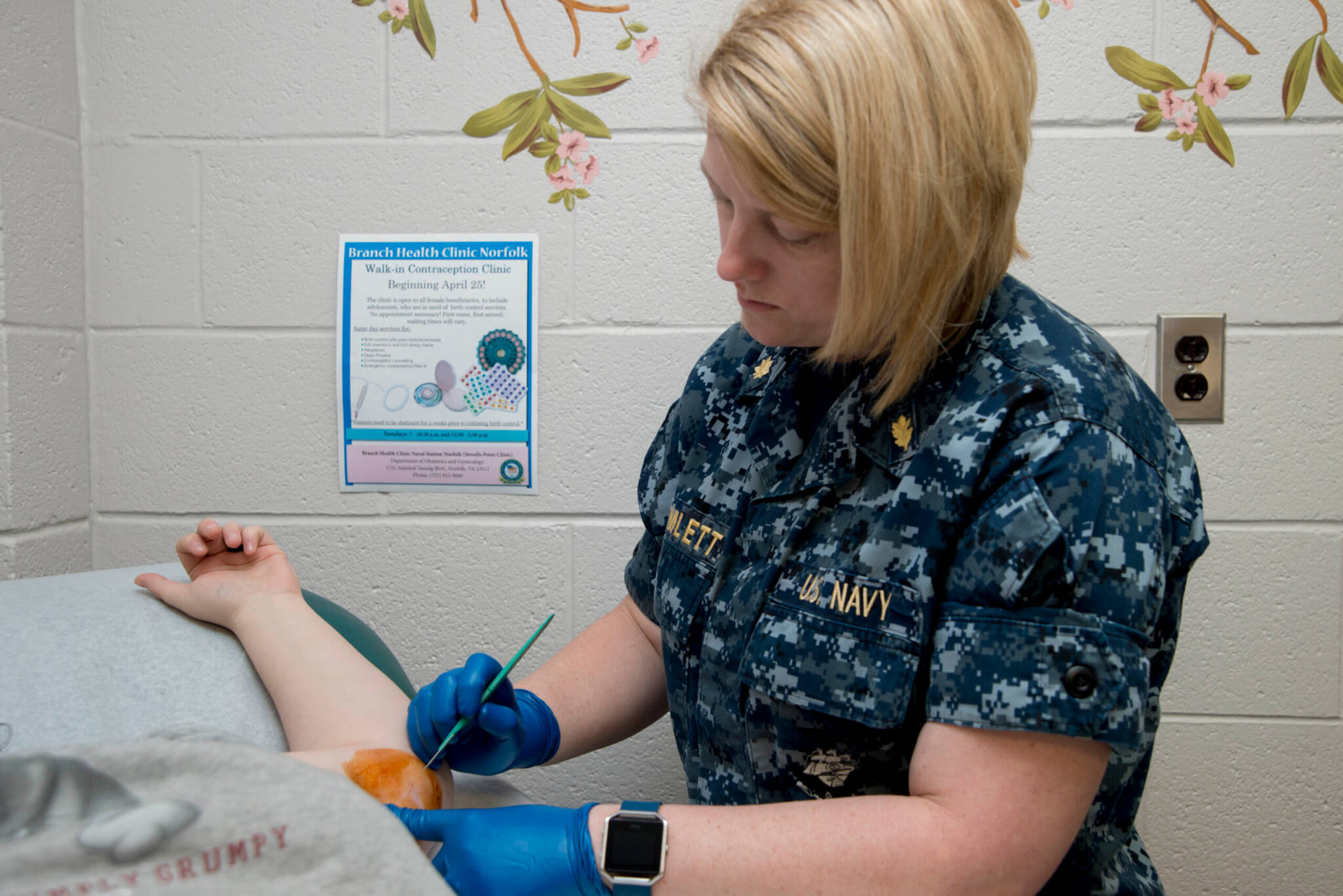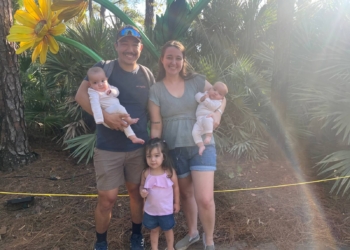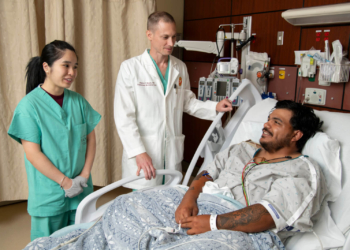Women account for nearly 17% of the Armed Forces, but numerous studies – including the Defense Health Board’s “2020 Decision Brief: Active Duty Women’s Health Care Services”– found that medical care for female service members continues to lag. But one organization hopes to change that.
Dr. Toni Marengo, chief medical officer of Planned Parenthood of the Pacific Southwest and co-facilitator of Ready, Healthy & Able, said lagging care includes establishing contraceptive clinics to increase access to long-acting, reversible contraception.
The Ready, Healthy & Able program, which is powered by HealthyWomen, focuses on addressing “the unique health needs of, and barriers to, inclusive healthcare for [service women] and service members with female biology and to offer military medical providers relevant accredited education,” according to its website.
With content addressing reproductive, mental, urological, gastrointestinal, and general health, service women — and providers caring for such patients — can access stories and an evidence-based curriculum to bridge the unique gaps in service women’s health care.
Marengo, a Navy veteran, said that as a medical provider on active duty, it was important to make female-specific health care important to others, especially line officers whose primary concern was manning. With an eye on the mission, Marengo’s message to leadership was, “if we were able to reduce wait times and improve access to all contraceptive options, we could reduce the already high unintended pregnancy rate in the military.”
This language prioritized the mission and women’s health.
Despite such prioritization, progress was often short-lived. Though medical best practices have been recommended to military health care providers over the years, “inattention to implementation and unassigned accountability” prevails, according to the 2020 study.
Marengo said she recalled seeing Marines ask a general medical officer for a contraception referral.
“Then [the Marine] would have to see a family medicine doctor for a contraceptive counseling visit, and then they’d have to wait another 30 days to see a gynecologist who could put in their intrauterine device (IUD), if we even had an IUD on the base,” Marengo said.
Recognizing a disconnect, Marengo educated her colleagues, taught them how to share information with patients and explained contraception use to increase accessibility. Marengo ultimately co-founded the first walk-in contraception clinic in the military.
Today, walk-in contraception clinics are a best practice across the military health enterprise.
However, in addition to subpar gynecological care, service women also experience inadequate mental health care, according to Tiffany Lange, a licensed clinical psychologist among the health experts supporting the Ready, Healthy & Able program.
Lange said some female service members experience mental health challenges because of the “military culture and what it means to be a woman service member.”
They also face gender bias, according to Lange, “because [service women] find themselves having to outperform their male counterparts for the same advancement opportunities, and gender isolation – not feeling like they’re woven into the fold of the camaraderie of the military.”
The mental health of service women is further impacted by mental health stigma in military culture. A 2015 study found that six in 10 military “personnel who experience mental health problems do not seek help” because of concerns about stigma.
“I’ve never felt comfortable telling anyone at medical that I was dealing with depression,” said Aviation Boatswain’s Mate Leah Marshall. “Even though they say it won’t count against your career, I still don’t believe it.”
Along with lingering distrust, service women seeking mental health care report that their symptoms are “often minimized, overlooked or dismissed,” Lange said, in addition to finding it harder to access care.
“Women experience stigma ten-fold because it’s not just a stigma of mental health,” she said. “It’s also, ‘Will I reinforce stereotypes about women and their fitness for duty [when] seeking care?’”











































